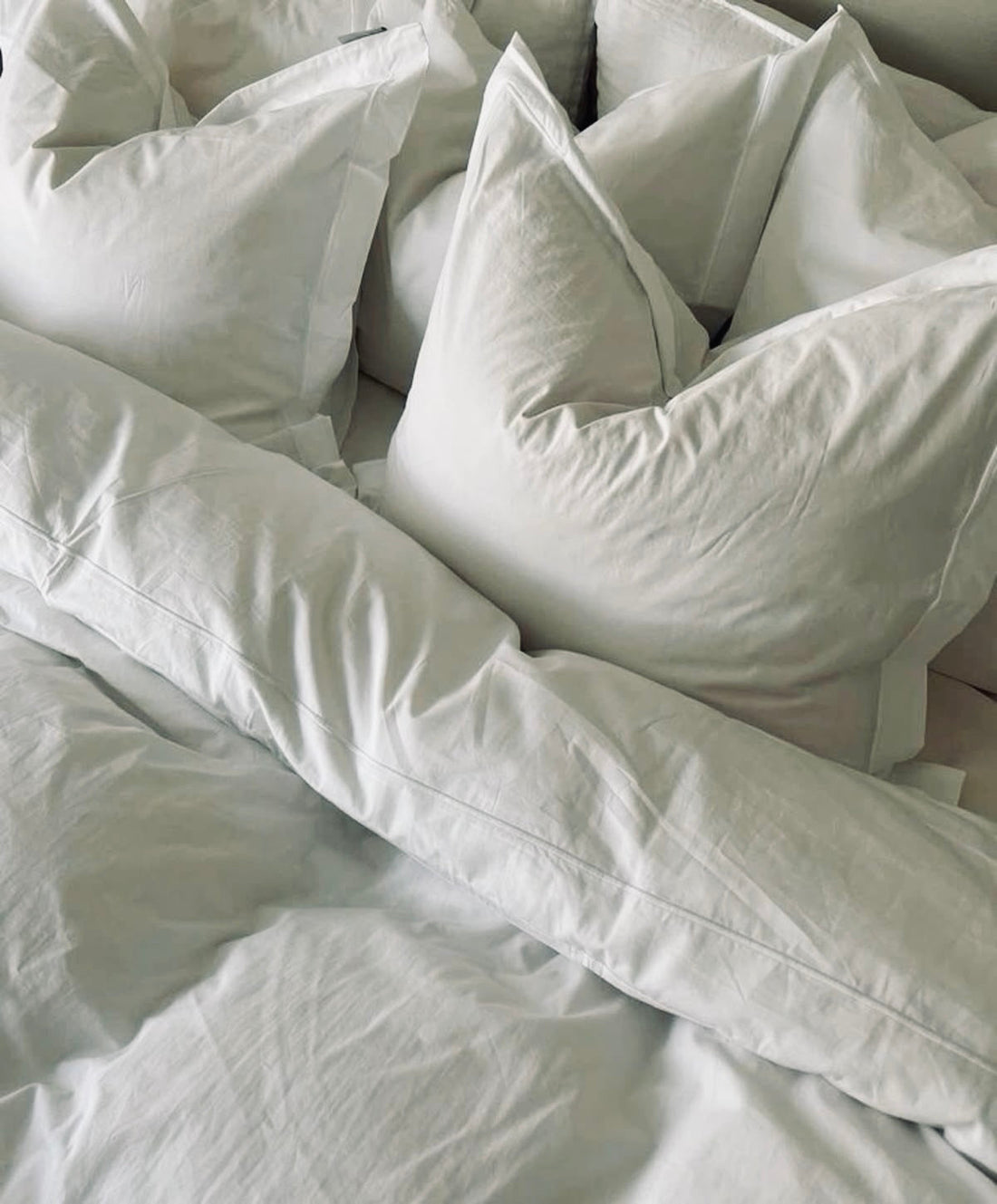
SLEEP: THE MOST IMPORTANT SELF-CARE RITUAL
Share

In a world that glorifies hustle and productivity, sleep is often treated as a luxury rather than a necessity. But the truth is, sleep is the foundation of all healing and well-being. It’s not just about feeling rested—it’s about allowing our bodies and brains to regenerate, detox, and function at their best.
SLEEP AND HEALING: OUR BODY’S BUILT-IN REPAIR MODE
When we sleep, our bodies aren’t just resting—they’re actively repairing themselves. Growth hormone surges, helping to repair tissues, build muscle, and strengthen the immune system. Inflammation decreases, wounds heal, and cellular damage is restored. Without enough deep sleep, our bodies struggle to recover, leaving us more prone to illness, injury, and chronic fatigue.
HOW SLEEP DETOXIFIES OUR BRAINS
One of the most fascinating discoveries in neuroscience is the glymphatic system, our brain’s built-in detoxification process. While we sleep, cerebrospinal fluid flushes out toxins, including beta-amyloid, a protein linked to Alzheimer’s disease. This means that poor sleep can lead to toxin buildup, potentially contributing to cognitive decline, memory issues, and neurodegenerative diseases over time.
SLEEP AND LEARNING: THE KEY TO RETAINING INFORMATION
If you've ever pulled an all-nighter and struggled to remember anything the next day, there’s a reason. Sleep plays a crucial role in memory consolidation. When we sleep, our brains strengthen new neural connections, allowing us to process, store, and recall information. Without adequate sleep, learning becomes more difficult, and problem-solving skills decline.
HOW TO IMPROVE OUR SLEEP: PRACTICAL TIPS
Struggling with sleep? Small changes can make a big difference. Here are some science-backed tips to improve sleep quality:
-
NO SCREENS BEFORE BED
Blue light from screens suppresses melatonin, our sleep hormone. Try turning off screens at least an hour before bed or using blue-light-blocking glasses. -
LIMIT CAFFEINE AND NICOTINE
Caffeine has a half-life of 5–6 hours, meaning it can stay in our system for up to 12 hours. Try cutting off caffeine by early afternoon and avoiding nicotine, which is also a stimulant. -
KEEP OUR ROOM COOL
Our body temperature naturally drops during sleep. A cool room (around 60–67°F or 15–19°C) signals to our body that it’s time to rest. -
TAKE A HOT SHOWER BEFORE BED
A warm shower or bath raises our body temperature, and when we step out, the rapid cooling helps signal to our brain that it’s time for sleep. -
PRACTICE BREATHING EXERCISES
Deep breathing, especially with longer exhales than inhales, activates the parasympathetic nervous system, reducing stress and calming our bodies for sleep. Try 4-7-8 breathing or slow diaphragmatic breathing before bed. -
GET MORNING DAYLIGHT
Exposure to natural light in the morning helps regulate our circadian rhythm, improving sleep quality, mood, and metabolism.
PRIORITIZE SLEEP, PRIORITIZE OURSELVES
Sleep is not a luxury—it’s a necessity. Prioritizing high-quality sleep is one of the best forms of self-care we can practice. It impacts our health, our brains, and our ability to show up fully in life. If we want to heal, learn, and thrive, we must start by protecting our sleep.
Tonight, let’s give ourselves permission to rest. Our bodies and minds will thank us.
What’s your favorite bedtime ritual that helps you get the best sleep?
